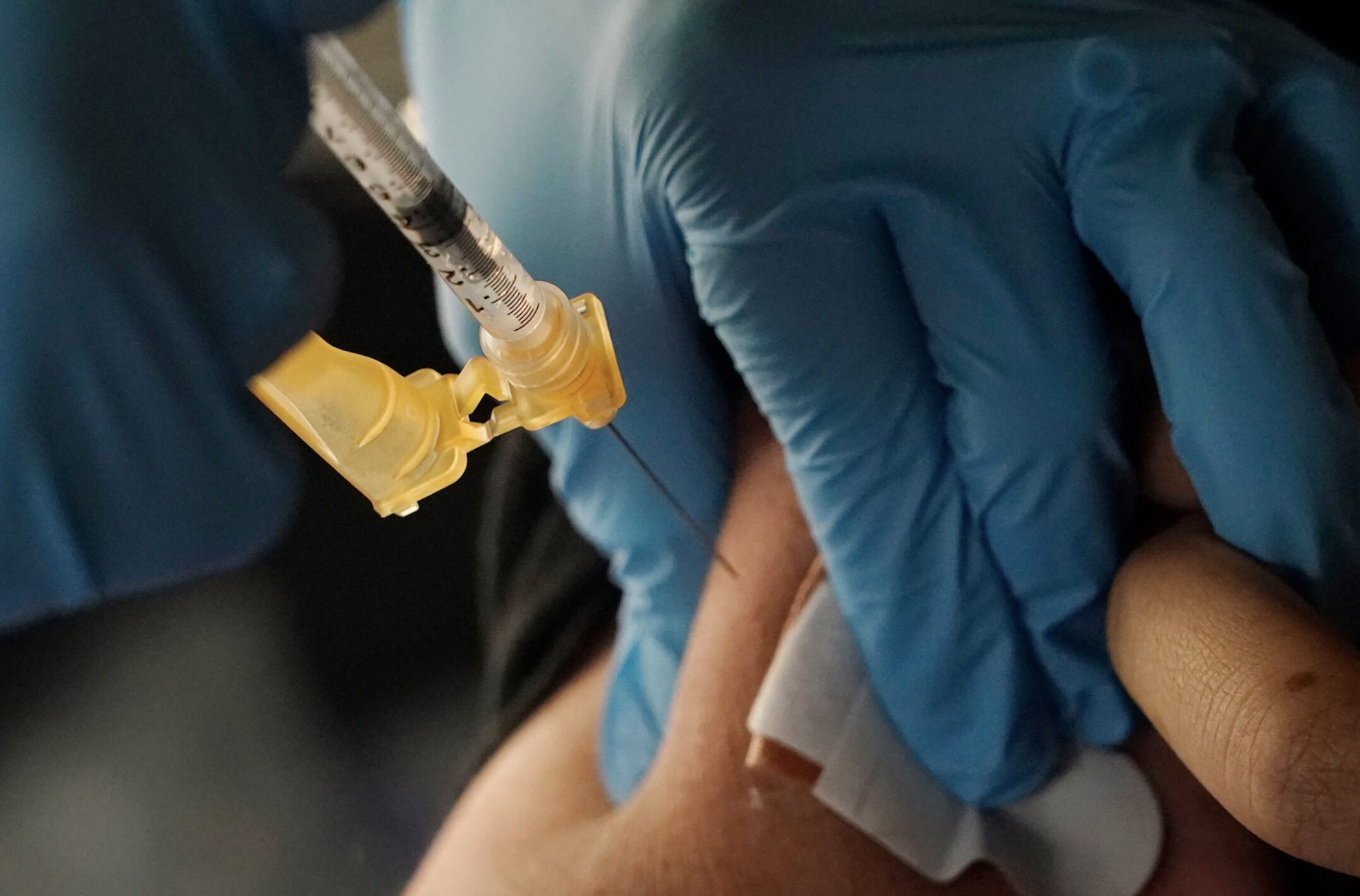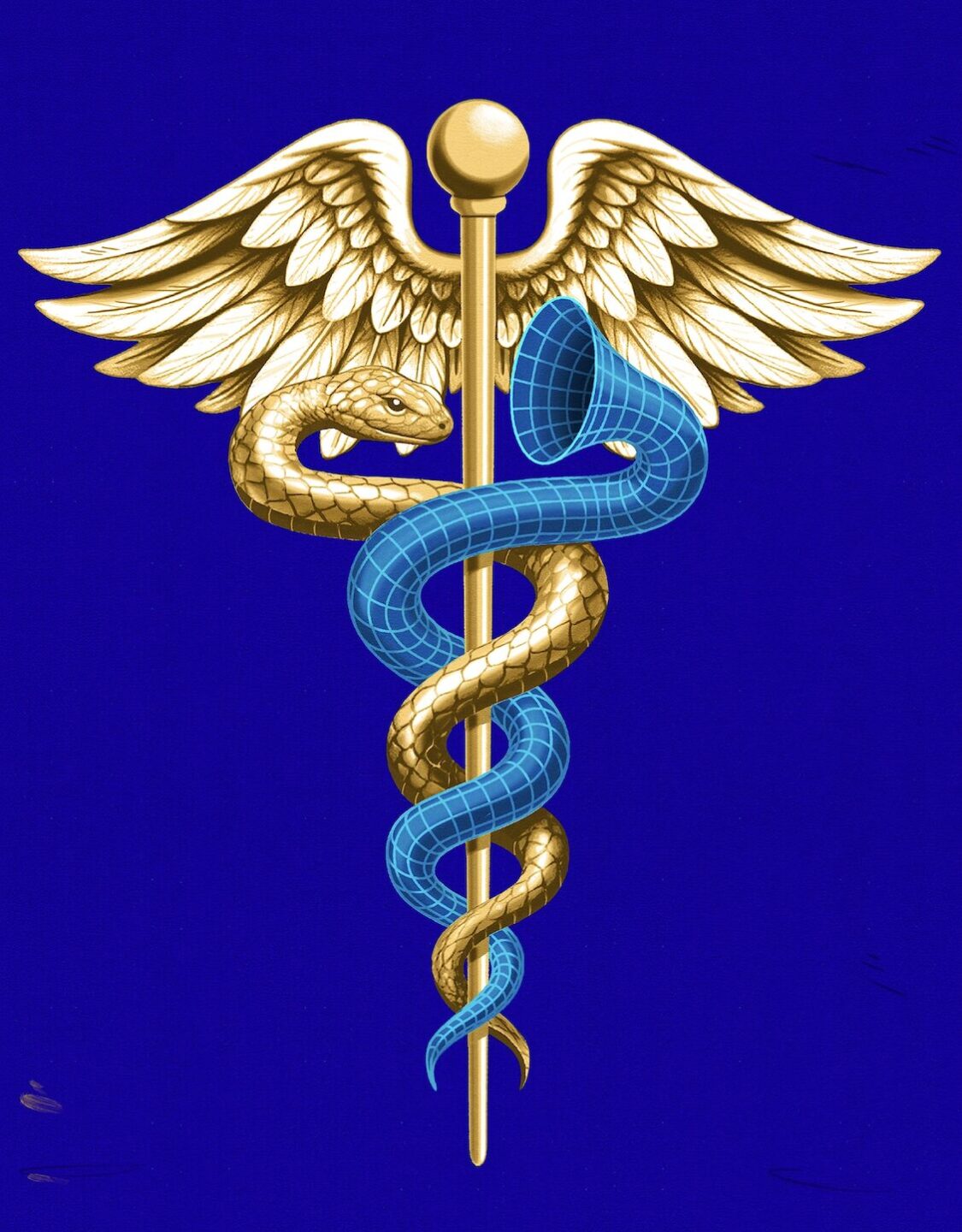Could you still have Covid-19 if you have symptoms but test negative? A medical analyst weighs in
CNN — It has been over three years since Covid-19 cases were first diagnosed in the United States. And while President Joe Biden announced last week that he intends to end the state of national emergency around Covid-19, this does not mean the pandemic is over.
Although much is now known about this coronavirus, many questions remain, especially as the virus continues to evolve and infect people on a large scale. There were more than 280,000 new coronavirus cases diagnosed in the last week, according to the US Centers for Disease Control and Prevention. This is almost certainly an undercount, given the many home tests not included as part of the official tally.
A frequent question from CNN readers and viewers is what it means if someone has Covid-19 symptoms but tests negative for the virus, especially if they have been exposed. Why does that happen? Should they test again and when? Are there other tests they should get, including for other viruses? How can someone find out if they’ve already had Covid-19?
Cancer is striking more people in their 30s and 40s. Here’s what you need to know
To help us with these questions, I spoke with CNN medical analyst Dr. Leana Wen, an emergency physician and professor of health policy and management at the George Washington University Milken Institute School of Public Health. She is also the author of “Lifelines: A Doctor’s Journey in the Fight for Public Health.”
CNN: Many people believe they have symptoms of Covid-19 but are testing negative. Why does that happen?
Dr. Leana Wen: There are several possibilities. First, Covid-19 often presents like other viral illnesses. Common symptoms include a fever, cough, runny nose, headache or body aches, a sore throat and diarrhea. These are types of symptoms also seen with other viral illnesses, including influenza and adenovirus. It’s possible you may have symptoms you’re identifying as evidence of a Covid-19 infection that are actually due to another virus.
Second, you may be testing too soon after being infected with Covid; there may not be enough virus present to trigger a positive result. Generally, it takes at least two days after exposure to develop symptoms and/or to have a positive result. Many times, though, there isn’t enough virus to trigger a positive test until at least five days after exposure. This is why repeated testing is important, especially if you are taking home rapid antigen tests.
Third, the test may be a false negative. Home antigen tests are less accurate than PCR tests. If you have a high likelihood of contracting Covid-19 — for example, if you were exposed to someone who had the coronavirus and now you have symptoms, but you’re still testing negative from a home test — you may wish to get a PCR test.
CNN: If someone were exposed to another person who has Covid-19, when should they get tested, and with what test?
Wen: If you were exposed to someone with Covid-19, you should wait until it’s been at least five days after exposure to get tested, according to the CDC. Either an antigen test or a PCR test could be used at this point. But because it’s still possible to develop symptoms after five days, the CDC recommends you wear a mask when in public indoor places for a total of 10 days. You should also monitor your symptoms; if you develop any, even after five days following a potential exposure, you should get tested again.
CNN: What if you’ve had direct exposure — for example, from a spouse who has Covid-19 — and have symptoms, but still get a negative test after five days?
Wen: If you took a rapid antigen test, I’d recommend taking another one the next day. It’s possible your viral load was not high enough the first time around. (This is also the guidance suggested by the U.S. Food and Drug Administration.)
If the repeat test is still negative, and it’s important for you to find out whether you have Covid-19, you could go take a PCR test. The PCR test is more accurate, though the caveat is that it picks up viral remnants. That means if it’s positive, it could mean you recently recovered from Covid-19.
If all these tests are negative, another possibility is that you have a different viral illness, and should still continue to wear a mask in public until 10 days after your exposure. Also, be careful around vulnerable individuals while you are symptomatic, even if it’s not from Covid-19. If you have a trip to a nursing home planned to visit your elderly aunt, for example, or you’re planning to host dinner with an immunocompromised guest, you should postpone until your symptoms are gone and your 10-day quarantine period has completed.
CNN: If your Covid-19 test is negative, should you get tested for other viruses?
Wen: It depends. If you are a generally healthy person and have mild symptoms, testing is probably not required. You should use symptomatic management, meaning to drink lots of fluids, rest and take over-the-counter analgesics like acetaminophen or ibuprofen as needed.
If you have underlying medical conditions, you might be particularly concerned about influenza. There are antiviral treatments available, and you should consider speaking with your doctor about flu testing and if you are eligible for them.
Some physicians’ practices are now routinely testing for Covid-19, influenza and respiratory syncytial virus (RSV). When in doubt, speak with your doctor. And make sure to call your doctor if you develop worsening or particularly concerning symptoms, such as shortness of breath, chest pain or an inability to keep down fluids.
CNN: How can someone find out if they’ve already had Covid-19?
Wen: There is an antibody blood test to the SARS-CoV-2 Nucleocapsid available from commercial laboratories like Quest Diagnostics and Labcorp. This specifically looks for prior infection.
If it comes back positive, it means that you had Covid-19 at some point. It does not tell you when. So if you want to find out if a particular bout of recent symptoms was from the coronavirus, this test wouldn’t help. And remember, having had Covid-19 in the past doesn’t mean that you can’t get sick from it again.
Relevant and recent posts






